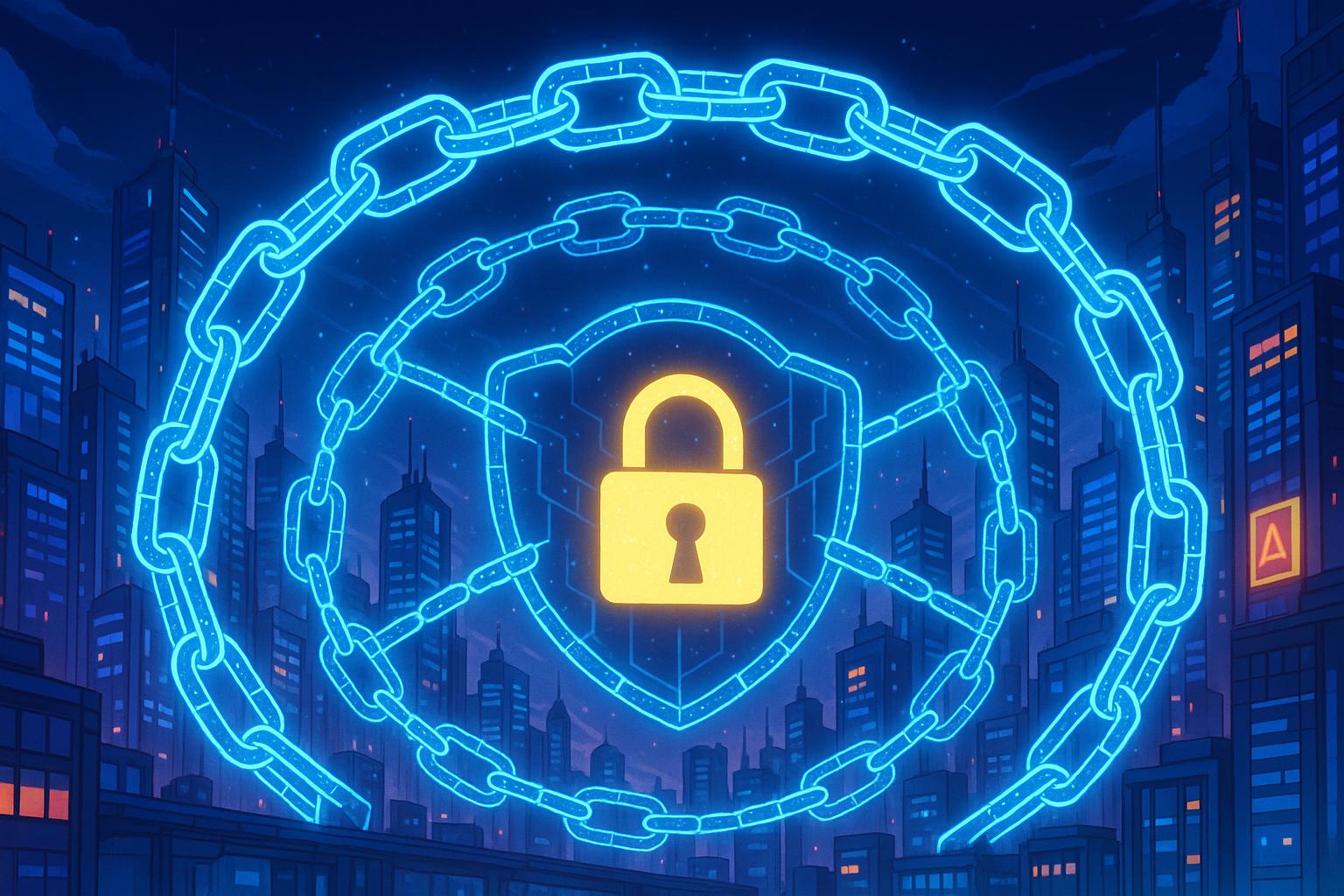As the digital landscape evolves, the necessity for robust privacy tools becomes more pronounced, especially in an era increasingly dominated by artificial intelligence (AI). Eran Barak, CEO of Shielded Technologies—which is behind the innovative Midnight privacy chain—asserts that blockchain privacy solutions, particularly zero-knowledge (ZK) proofs, are set to become vital for protecting sensitive user data against escalating cyber threats.
In a recent interview at Consensus 2025, Barak highlighted the vulnerabilities associated with centralized service providers and servers that are becoming attractive targets for cybercriminals. These entities often contain troves of valuable data such as private keys, financial metadata, and even sensitive medical records, which AI-assisted hackers could exploit. According to Barak, hacking these centralized repositories promises a "massive" return on investment due to the sheer volume of records they hold. In contrast, the decentralised nature of blockchain technology can act as a deterrent: “For a hacker to get to actual data, they need to hack individual wallets, but their ROI would be one record instead of millions—not worth it. They are going to go elsewhere,” he explained.
As the demand for privacy solutions intensifies, many Web3 developers are realising the necessity of shielding metadata from AI algorithms. Large institutions are increasingly insisting on privacy protections before they consider bringing their business operations on-chain, creating a pressing demand for solutions that can maintain privacy while ensuring regulatory compliance. Notably, the Midnight chain is structured to enable users to generate shielded assets, providing a layer of anonymity in transactions while adhering to necessary regulations.
The importance of zero-knowledge proofs extends beyond the confines of blockchain privacy to mainstream applications. Google has recently enhanced its Wallet service by incorporating ZKP technology for age verification purposes. This landmark move allows users to verify their age without disclosing personal details, thus addressing concerns linked to traditional age verification methods. Similarly, blockchain-based self-sovereign identity frameworks are employing ZKP technologies to empower individuals to assert their identity without compromising their privacy, further exemplifying the growing recognition of ZKPs as essential tools in today’s digital operations.
Emerging complexities in digital interactions have underscored the use of zero-knowledge proofs as pivotal to improving data privacy protocols. These cryptographic techniques allow for verification processes that do not necessitate sharing sensitive information, effectively bolstering security for both individuals and organisations. Their application ranges widely, from identity verification to financial services, promising a more secure future.
The adoption of zero-knowledge proofs is also gaining traction in response to the broader demand for enhanced privacy across the blockchain ecosystem. As enterprises increasingly seek to leverage blockchain technology for its myriad benefits, privacy tools like ZKPs are becoming appealing features that can drive their integration. Startup RISC Zero, for instance, has secured significant funding to advance the utilisation of these cryptographic tools within various blockchain applications, highlighting industry momentum towards adoption.
In this increasingly interconnected world, where privacy concerns are paramount, the evolution of tools that protect sensitive information is critical. With AI and cyber threats on the rise, the calls for privacy-enhancing solutions will only grow louder. As Barak noted, initiatives such as those undertaken by the Midnight chain could provide the secure framework required to navigate these challenges, potentially transforming how data privacy is approached in the age of technology.
Reference Map:
Source: Noah Wire Services
